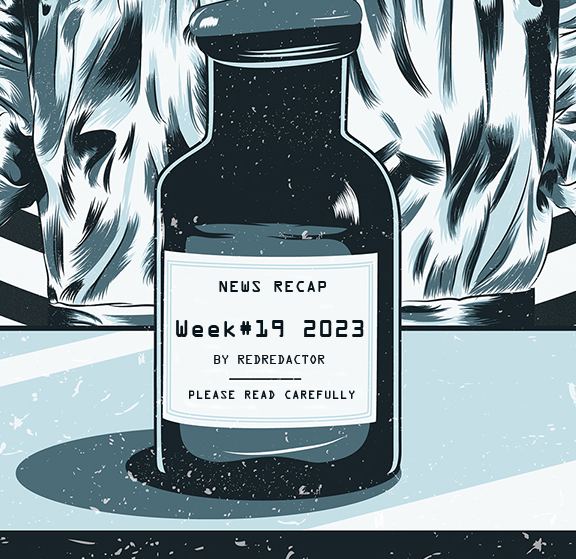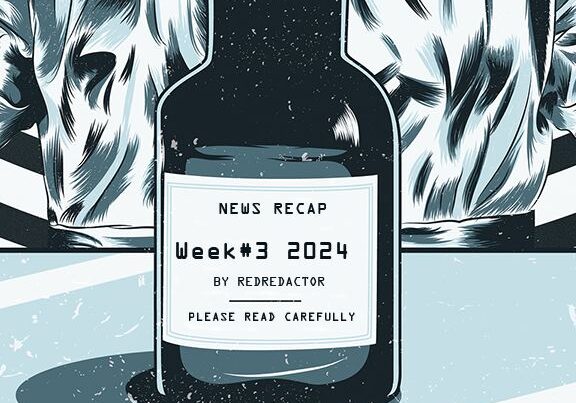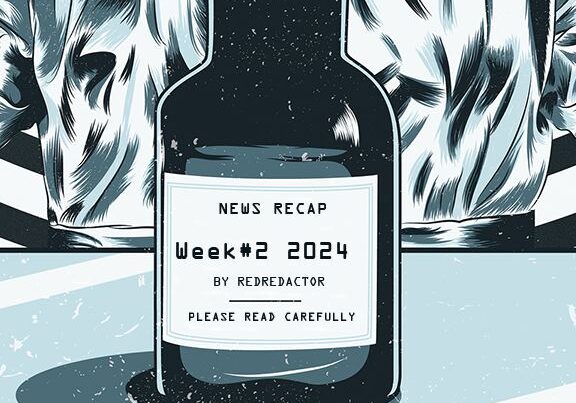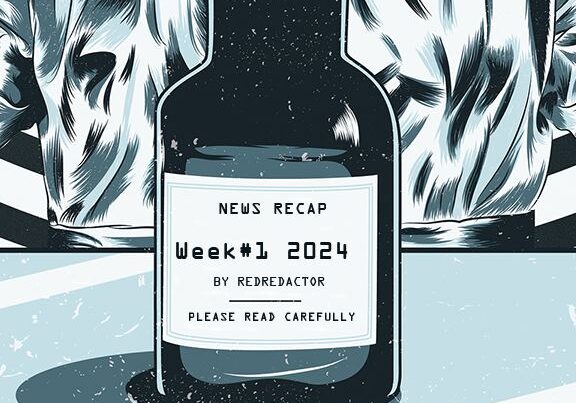• Fed’s Powell says U.S. banking system is ‘sound and resilient’ after First Republic failure

Federal Reserve Chairman Jerome Powell attempted to reassure Americans that the U.S. banking system remains stable following JPMorgan Chase’s JPM, takeover of First Republic Bank earlier this week, the fourth U.S. bank failure this year.
“Conditions in [the banking] sector have broadly improved since early March, and the U.S. banking system is sound and resilient,” Powell said following the Fed’s decision to raise interest rates by 0.25% Wednesday.
“We’re committed to learning the right lessons from this episode, and we’ll work to prevent events like these from happening again,” he added, pointing to a report released last week by the Fed examining the March failure of Silicon Valley Bank.
• The average person’s wealth will be ‘completely destroyed by inflation,’ says Arthur Hayes

The majority of people will have their wealth progressively eaten away by the devaluation of money, according to Arthur Hayes, the co-founder and former CEO of crypto derivatives exchange BitMEX.
According to Hayes, due to the huge amount of public debt accumulated by the world’s largest economies, governments will have no choice other than “inflating it away” through money printing.
Thus, the only way to escape the progressive destruction of fiat wealth is by acquiring assets outside the traditional financial system, such as crypto, the purchasing power of which doesn’t fall compared to the cost of energy.
“My whole goal with all of my investing is to preserve capital so that I can consume the same amount of energy or whatever energy amount that I would like from now and into the future,” Hayes said in an exclusive interview with Cointelegraph.
• Treasury Secretary Yellen Warns US Could Default on Its Debt by June 1
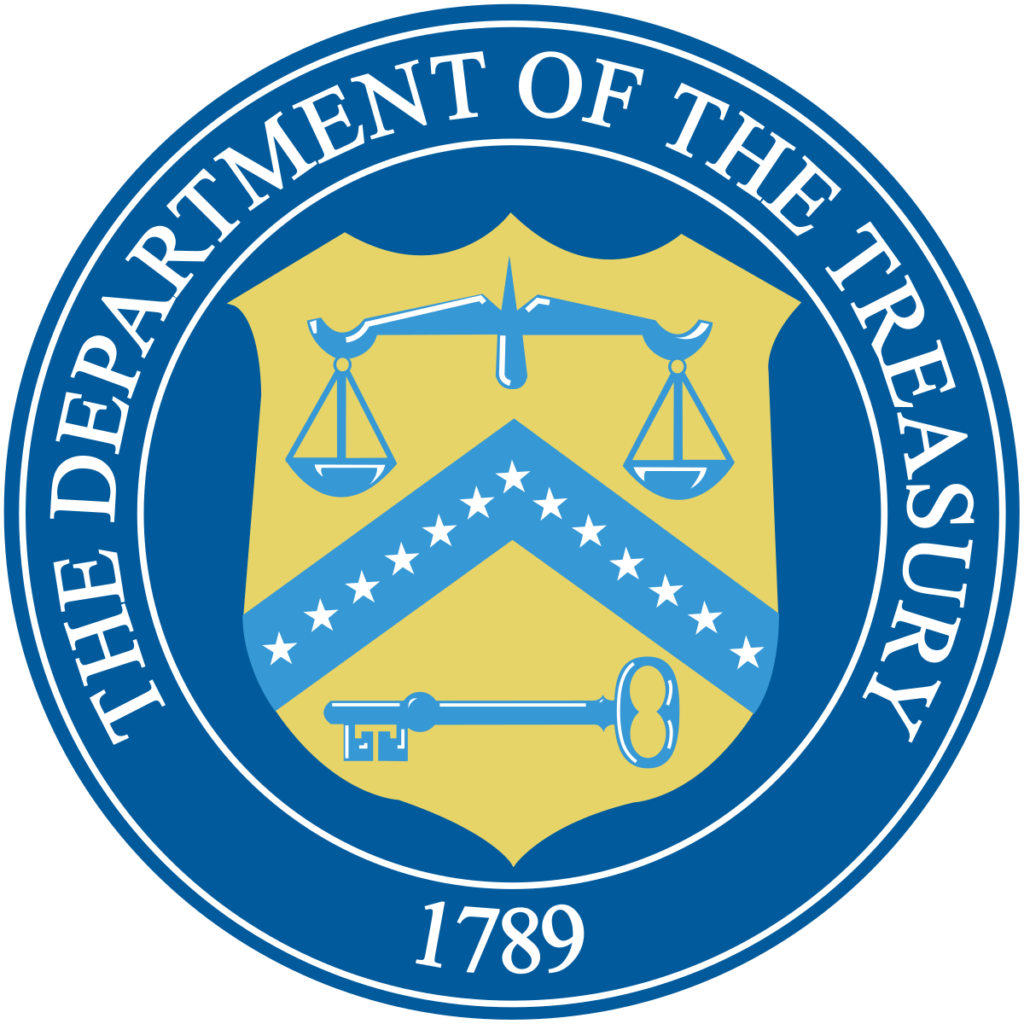
United States Secretary of the Treasury Janet Yellen warned Monday that the U.S. government may default on its debt by June 1, which is earlier than the government and Wall Street had expected. In a letter to House Speaker Kevin McCarthy, Yellen wrote:
“After reviewing recent federal tax receipts, our best estimate is that we will be unable to continue to satisfy all of the government’s obligations by early June, and potentially as early as June 1, if Congress does not raise or suspend the debt limit before that time.”
She clarified that the Treasury Department’s estimate of when it could default on the government’s debt obligations is “based on currently available data,” noting that “It is impossible to predict with certainty the exact date when Treasury will be unable to pay the government’s bills.”
• Circle launches cross-chain USDC transfer protocol for Ethereum, Avalanche
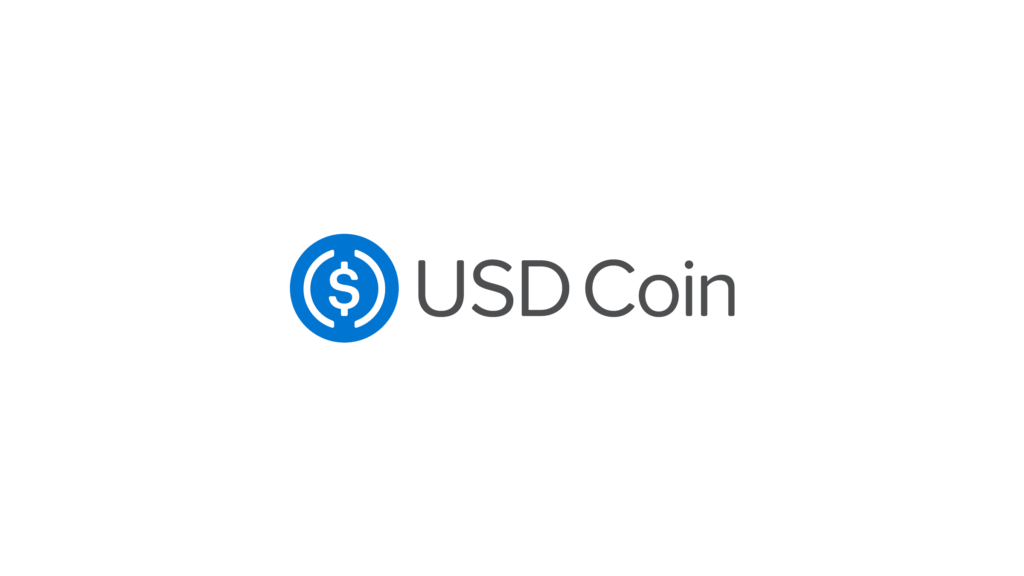
Circle, the creator of US Dollar Coin, has launched a mainnet protocol that lets users transfer USDC between Ethereum and Avalanche, according to an April 26 announcement. Previously, Avalanche users who held USDC on Ethereum had to deposit their coins with a Circle partner or use a third-party bridge to transfer their USDC from one network to the other. The new Cross-Chain Transfer Protocol (CCTP) protocol appears to do away with this need for USDC bridges.
The team released a video on April 13 showing how the new protocol works. Unlike a traditional bridge, it doesn’t lock tokens sent to its contract. Instead, it completely destroys them and issues new tokens on the receiving network. Users can redeem these new tokens for bank deposits directly, by depositing the tokens with Circle or its partners.
• Coinbase Responds to Wells Notice: SEC Risks Reputational Harm With Enforcement Action

Cryptocurrency exchange Coinbase said Thursday that it has responded to a Wells Notice received from the Securities and Exchange Commission (SEC), urging the agency not to pursue enforcement action against the company for the SEC’s own sake.
Coinbase is the leading cryptocurrency exchange in the U.S. and became a publicly traded company when it was listed on the Nasdaq in 2021. The company argued that by allowing it to be listed on Nasdaq, the SEC implied that it did not think Coinbase’s business was unlawful.
Coinbase also warned the financial watchdog that it will likely sustain reputational harm from its “abrupt about-face,” if it tries to go after Coinbase because of the company’s efforts to comply with regulations and possibly discourage other companies from prioritizing compliance.
• CFTC proposes reducing anonymity to manage risks

A commissioner of the United States Commodity Futures Trading Commission (CFTC), Christy Goldsmith Romero, has proposed reducing the anonymity of cryptocurrencies as a means of managing the risks associated with digital assets. The statement was made during the keynote speech on Illicit Finance and Other Key Risks of Digital Finance at City Week 2023 in London on April 25.
Reducing illicit finance risks in the cryptocurrency market requires addressing the challenge of identity verification, Romero said. Although the public blockchain offers some transparency and traceability, the use of mixers and anonymity-enhancing technology increases the potential for substantial risk, she added.
Concluding Notes:
- Federal Reserve Chairman Jerome Powell reassures that the U.S. banking system is stable
- Former BitMEX CEO says inflation is getting out of hand
- U.S. government may not be able to default it’s debt
- Circle launches new cross-chain USDC protocol
- Coinbase responds to a Wells Notice
- Anonime trading could be at risk in the future


